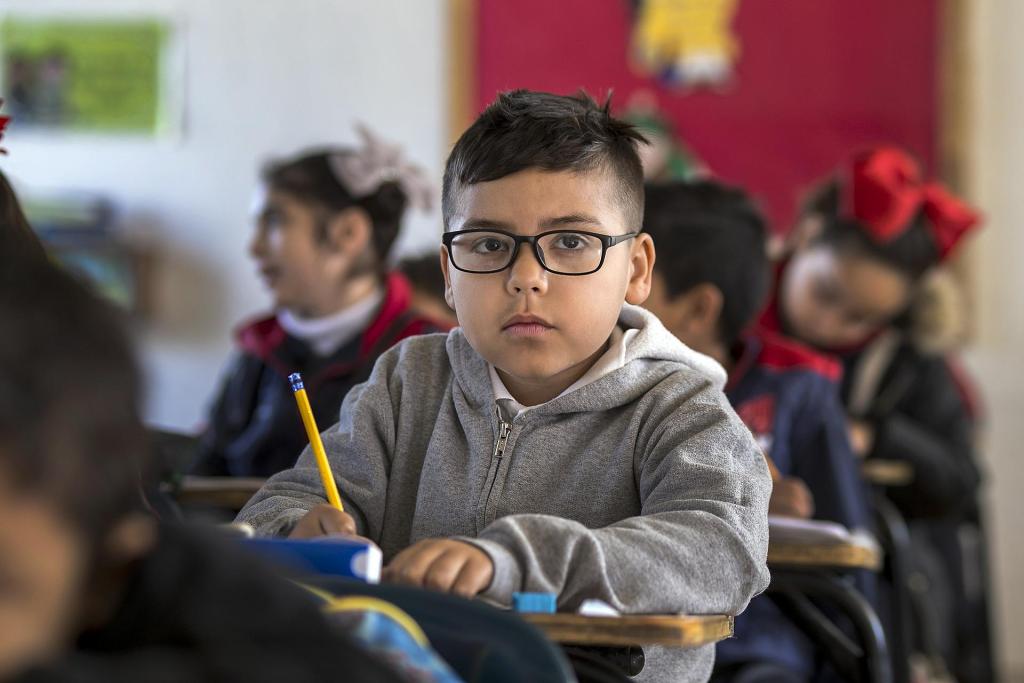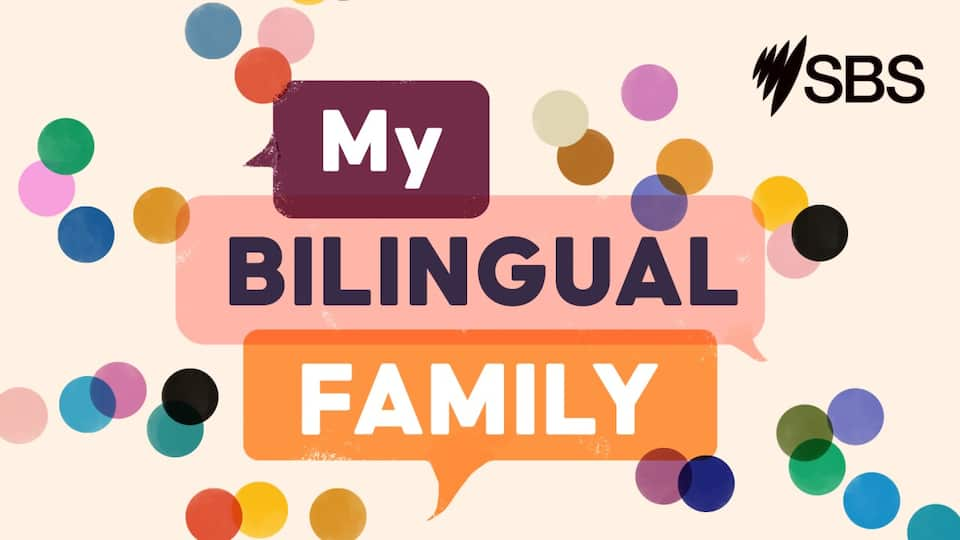Raising Bilingual Children
May 9, 2022 / By SBS Learn

There’s no handbook on how to raise bilingual kids at home or in the classroom. Parents and guardians raising children bilingually in English-dominant countries require persistence and resourcefulness, especially if their mother language is not widely spoken. It can take a lot of effort to pass on language to our children, and as teachers we can become more understanding and supportive of guardian and student struggles alike.
Dr. Elaine Laforteza listened to the stories of families struggling with passing on language and got helpful advice and practical tips from experts, including speech pathologists and linguists in the SBS podcast series, My Bilingual Family.
About this Podcast

It takes a village to raise a child.
African Proverb
My Bilingual Family is like a village with lots of people just as interested as you are in trying to pass on languages. The podcast will:
- Talk to all sorts of families to hear their stories, dilemmas and questions. The languages you’ll hear about reflect the diversity of Australia – from major community languages like Greek and Chinese, to smaller ones like Hebrew and Rohingya.
- Learn from some of the strategies families have come up with. And receive helpful advice and practical tips from experts like speech pathologists, linguists and counsellors to find out what works and what doesn’t when it comes to bilingual child education. What are the keys to success?
Follow My Bilingual Family in Apple Podcasts, Google Podcasts, Spotify, or the SBS Radio app to hear more from these families and experts.
Relevancy to the classroom

Teacher Fiona McRobie with a pupil.
My parents My parents spoke Urdu most of the time at home and English in public, and I only spoke Urdu up until primary school. I made fun of for knowing and speaking 2 languages; I fell for all that shizzle and stopped learning it. I think my teachers knew, but it wasn’t an issue for them. If it had been normalised, I would have kept learning it. It would have been less so “embarrassing”. But then again, I didn’t really expect much more in a predominantly English-speaking country.
Hira, 26
“21.5 per cent of all children in Australia speak languages other than English at home”, according to the Australian Early Development Census (AEDC), an Australian Government Initiative. Known as Emergent Bilinguals or Dual Language Learners, your students can be supported in your classroom from an early age using the AEDC discovered three points:
- Supporting your student’s use of their home language with a positive attitude and engaging to learn more about them.
- Valuing your student’s home culture and using “culturally responsive teaching” in order to inclusively tailor classes in the same way you would incorporate a student’s interests or abilities to enrich classroom experiences.
- Considering teaching strategies to support the developmental success of multilingual students such as increasing vocabulary by reading out loud or making connections between materials and their own experiences, and making instructional adjustments such as using visual cues and hands-on learning.
Although you may not personally be bilingual or have children you are raising to be, this podcast series will help gain a deeper understanding into the lives of your students and their language challenges.
Episode 1: Bilingual Parenting in the Early Years
In this first episode of My Bilingual Family, we learn children have the capacity to learn any language. Some kids may take their time but when their language explosion happens, it’s unstoppable. We talk to speech pathologist Anne Huang and Dr Loy Lising, a senior lecturer in Linguistics at Macquarie University.
Episode 2: The Different Methods of Raising Bilingual Children
This episode you hear from Dr Anikó Hatoss, a senior lecturer in linguistics at the University of New South Wales, and Katerina Skoumbas, a mother raising her two kids with Greek and Indonesian.
Episode 3: When the Going Gets Tough with Bilingual Parenting
In episode three, it discusses the experiences of two such families, and their stories provide invaluable perspective and ideas for all of us, and talk to counsellor and speech pathologist Bronte Ramm, as well as Dr Gayle Hemsley, a speech pathologist specialising in multilingualism.
Episode 4: Overcoming Prejudice and Developing Pride
In episode four, it discusses how language use can invite discrimination and racism, and how that can make it difficult to persevere with bilingual parenting. As adults, we want to protect children rather than expose them.
Episode 5: How Global Forces Shape Bilingual Family Life
In episode five, it looks at the bigger picture with Professor Ingrid Piller, an applied sociolinguist with research expertise in multilingualism, bilingual education, language learning and intercultural communication. She helps unpack what’s going on with families speaking languages such as Rohingya, Punjabi and Korean.
Episode 6: It Take a Village to Raise a Bilingual Child
Episode six meets researchers Sun Jung Joo and Ana Sofia Bruzon to discuss communities like churches, as well as transnational family connections.